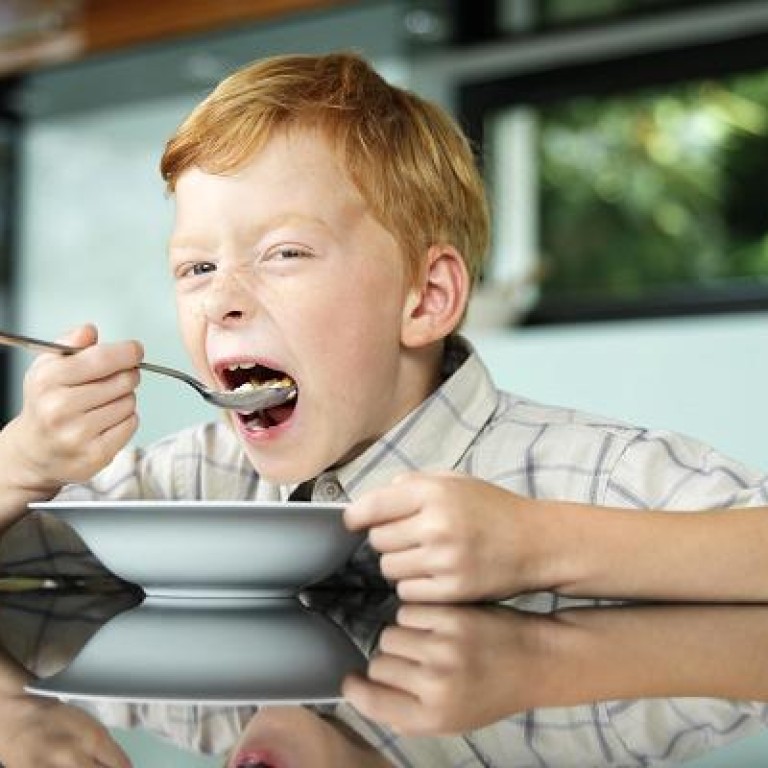
Cereal's losing its crunch according to researchers
Global research firm says the need for convenience along with an increasingly mobile workforce is changing breakfast
Cereals are losing favor with time-poor, health-conscious consumers, who increasingly breakfast on snack bars and yogurt, a global research firm reported on Tuesday.
Sales of breakfast cereals across the world have fallen steadily since 2011, when the market peaked at US$8.54 billion, according to Lux Research. By 2015, revenue stood at roughly US$7.92 billion, based on sales numbers from the "Big 3" cereal providers — General Mills , Kellogg's and PepsiCo 's Quakers Foods.
"The need for greater convenience, changing social mores, and an increasingly mobile workforce are changing the definition of breakfast," Lux Research Associate Joice Pranata said on Tuesday.
"With the drive toward 'natural' and 'healthy' choices, there's also greater opportunity for experimentation with new breakfast alternatives," she added.
Children have traditionally been big consumers of cereals, but their numbers have been hit by declining birth rates and later marriages in Western economies, said Lux. Plus, only half of 2-11-year-olds still opt for cereal, the research firm said.
There are over 7,000 snack bars — including cereal bars, fruit bars, muesli bars and energy bars — on the market, meaning traditional cereal makers face a challenge to keep consumers who would rather eat on the go.
Meanwhile, yogurt consumption in the U.S. has soared in the past 10 years, rising at an annual average of 6.1 per cent between 2004 and 2015, according to Lux.
"Yogurt's rise is driven by the nutritional platform it offers — as a source of protein and as a probiotic, with the ability to deliver other health functionalities such as vitamin K2 and omega-3 fatty acids," Lux said in the release.
Ready-to-eat breakfast cereal is a U.S. invention popularized by John Kellogg from the late 19th century.
Today, Kellogg's cereals — including Frosted Flakes, Special K and Froot Loops — remain a dominant force in the market.

